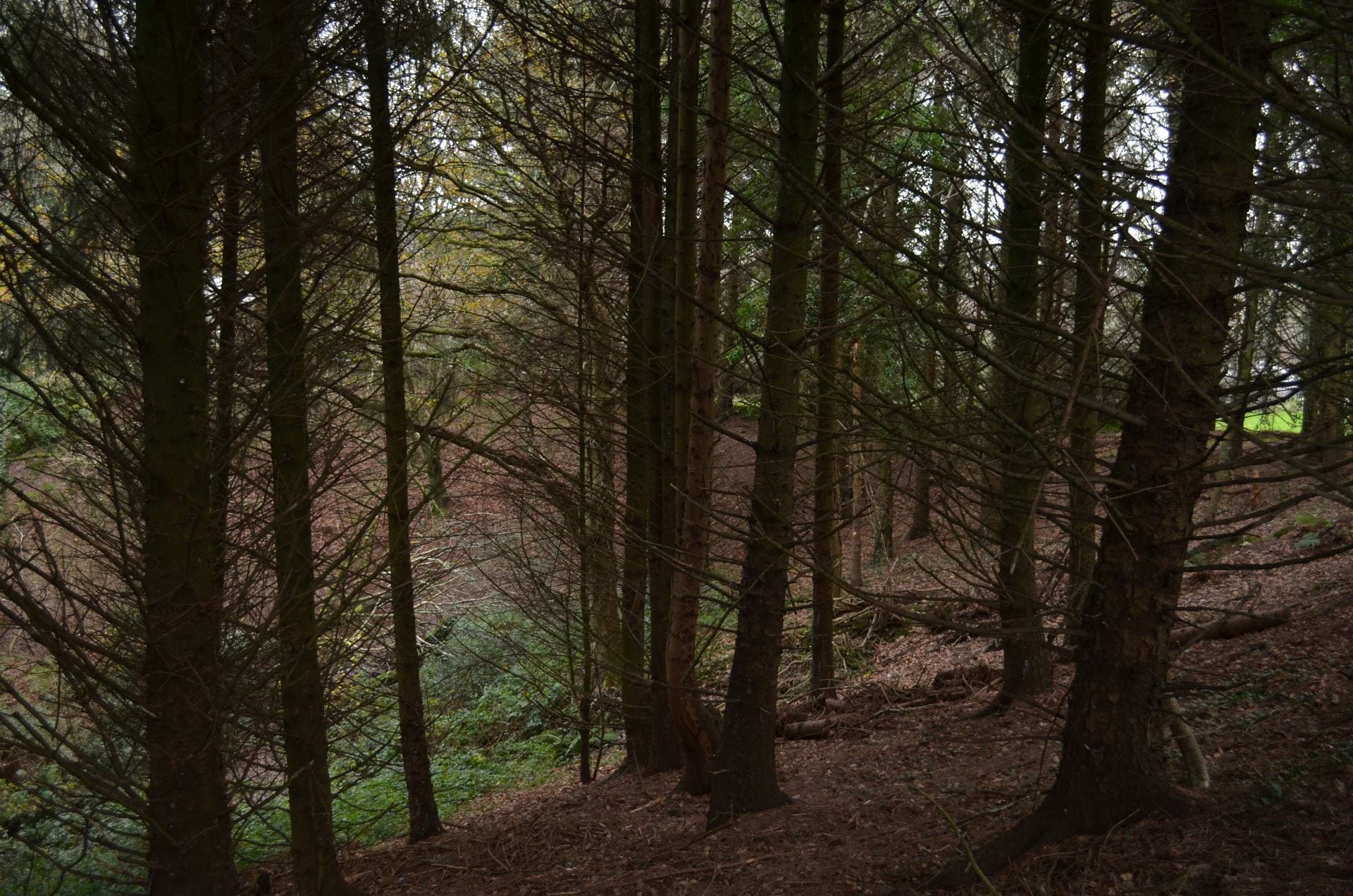By Beth Cox, Colin Martin, Lewis Mitchell, Georgia Bartholomew
Gap years are a common phenomenon among university students, with 230,000 young people every year choosing to venture abroad. Unfortunately, for Grace, this would not go to plan.
Between the 1st and 2nd of December this year Grace was unresponsive to her family who subsequently reported her missing. On December 5th, Grace’s parent filed a missing persons report to Police who launched an international search effort amid social media erupting with concern for the young woman. By the 8th, Detective Inspector Beard made the devastating statement: “Grace is no longer alive, and this is now a murder investigation.” A body was found in the Waitakere Ranges on December 9th and the court processes are currently underway.
The tragedy came as a shock to the nation as New Zealand is widely considered to be a safe place for young people to travel.
So, how has this been perceived by the young demographic? And how would this affect the likelihood of them backpacking?

We asked parents and students of Marjon University of Plymouth how the story of Grace Millane has impacted their decisions on if they or their son or daughter would take a gap year.
The general consensus was that people felt the incident had certainly made them more cautious. The parent was “concerned after hearing the story” and claimed to find it “difficult to make the decision” on whether she would allow her daughter to go abroad on her own. As a parent she wanted to encourage independence but was apprehensive about her daughters safety.
In both interviews, we found that the media attention around the event had certainly contributed to the perception of the interviewees who both referenced the cases prevalence.

A Marjon student ambassador stated that whilst the story had made her feel “cautious” with regards to travelling alone she felt that the media had “focused on the negative aspects and avoided the good things about taking a gap year”.
Information from the Foreign Office suggests that incidents, such as that of Grace’s, are not uncommon for British tourists. Their website advises individuals to “think about what you are doing at all times and trust your instincts’.
This sentiment seems to mirror that of our parent interviewees, who felt that they would advise their children to “follow their instincts, if something doesn’t feel right – don’t do it.”
Students, in comparison, felt that the solution may be to travel in groups in order to increase personal safety.
